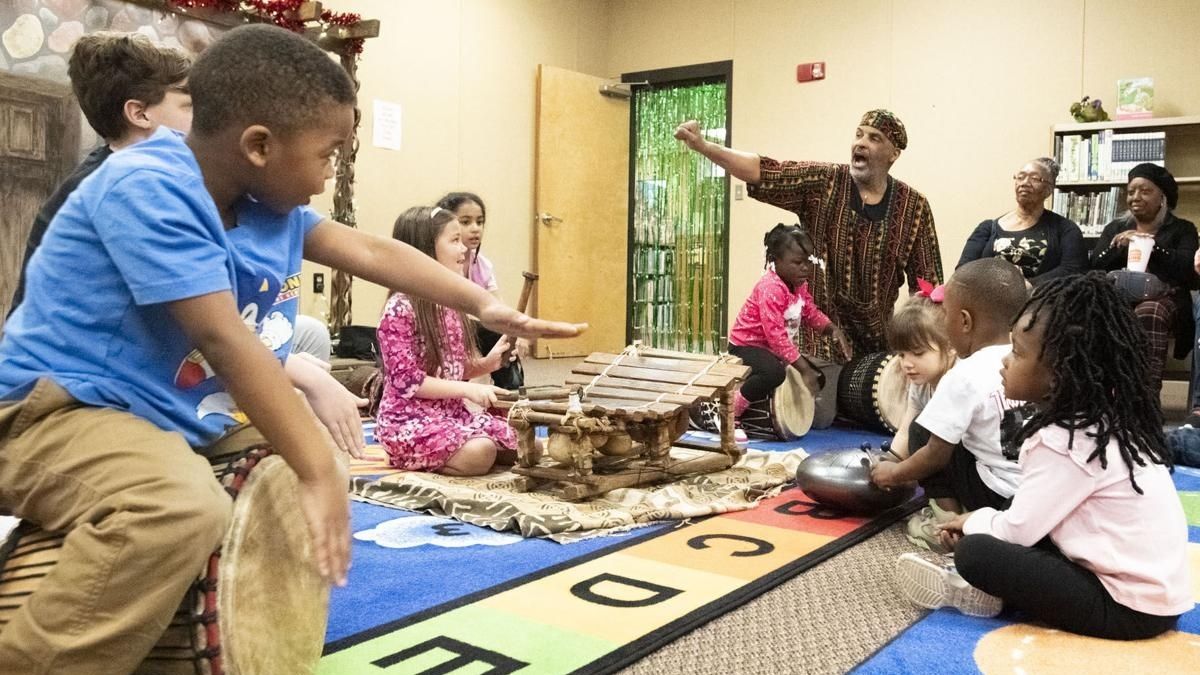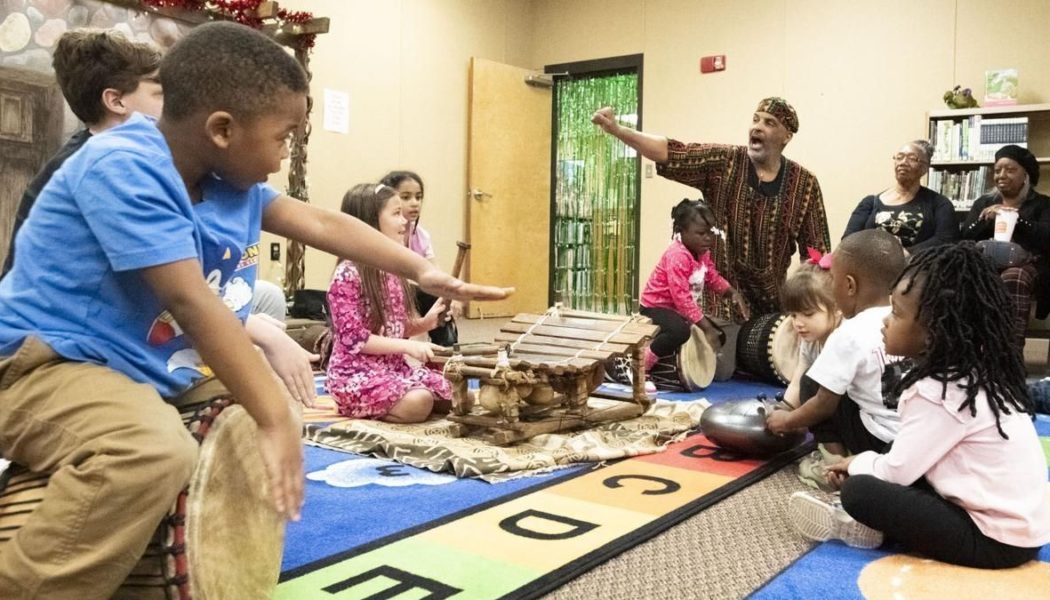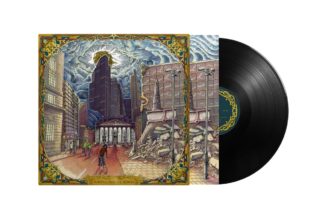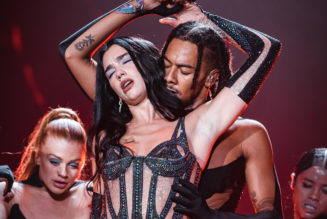
The Armstrong Osborne Public Library in Talladega offered a captivating close to Black History Month with a performance that not only entertained but educated its young attendees. Musafa, a skilled artist, led the event, emphasizing the rich history of African music, dance, and storytelling traditions.
Interactive Learning Experience
Children who attended the event were given a hands-on opportunity to explore a variety of African instruments, such as the belafon—an ancestor to modern xylophones and glockenspiels—along with numerous hand drums and other traditional musical tools. This interactive approach provided a tangible connection to the cultural lessons of the day, making the history of African music more accessible to the young audience.
The Role of the Djeli
Musafa introduced the concept of the djeli, a pivotal figure in West African culture responsible for crafting dances and songs that celebrate and commemorate the history of their people. Through his flute, accompanied by chants of ‘funga alafia,’ Musafa not only demonstrated the musical traditions but also the storytelling aspect that is integral to African heritage. This moment underscored the importance of the djeli in preserving and passing down cultural narratives through generations.
Implications and Reflections
The event at the Armstrong Osborne Public Library represents more than just an educational opportunity; it is a reminder of the power of music and storytelling in connecting us to our past and each other. By engaging with these ancient instruments and learning about the djeli, children were offered a unique lens through which to view and appreciate the complexities of African history and its influence on contemporary cultures worldwide. Such initiatives highlight the significance of Black History Month in fostering a deeper understanding and respect for diverse cultural heritages.









